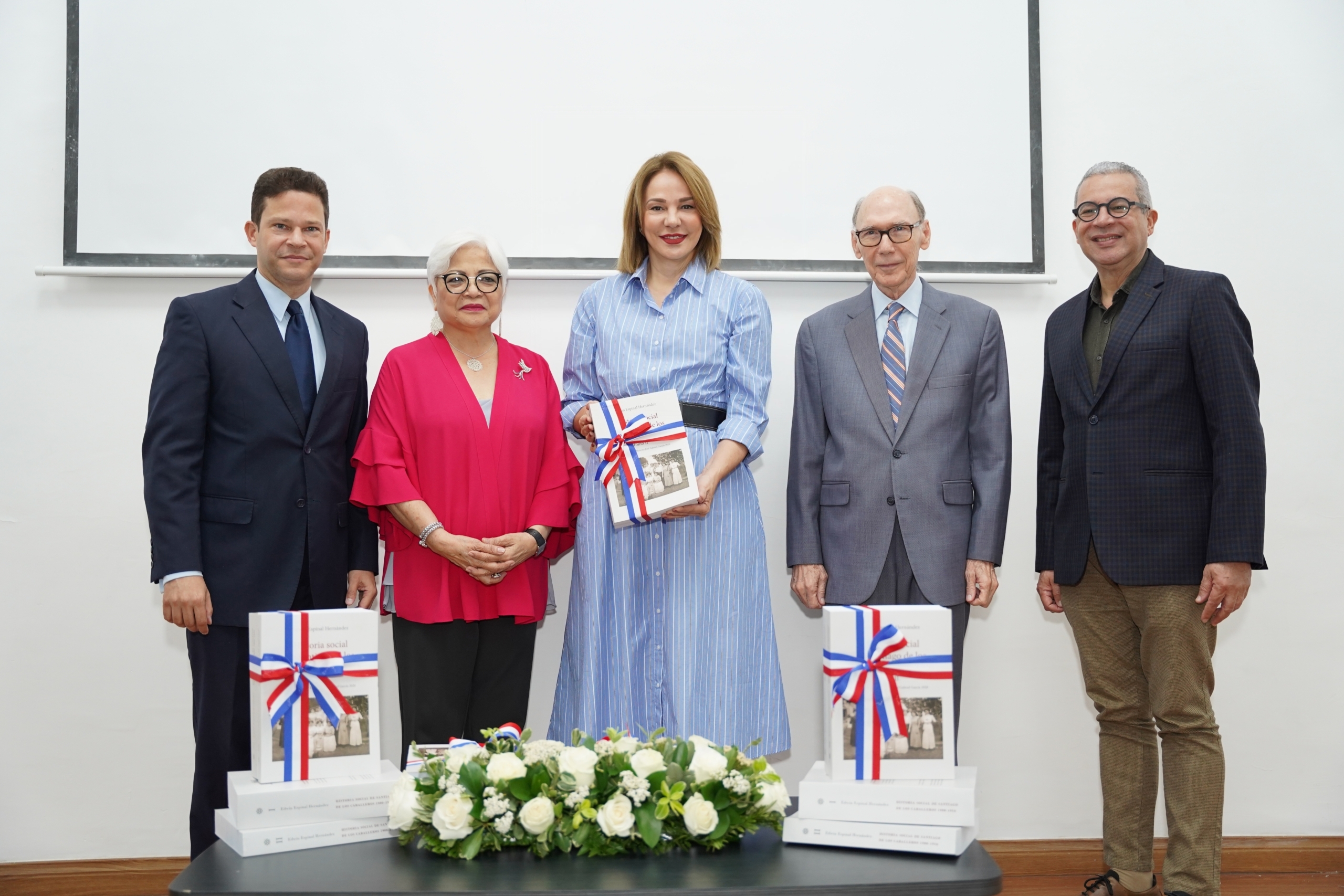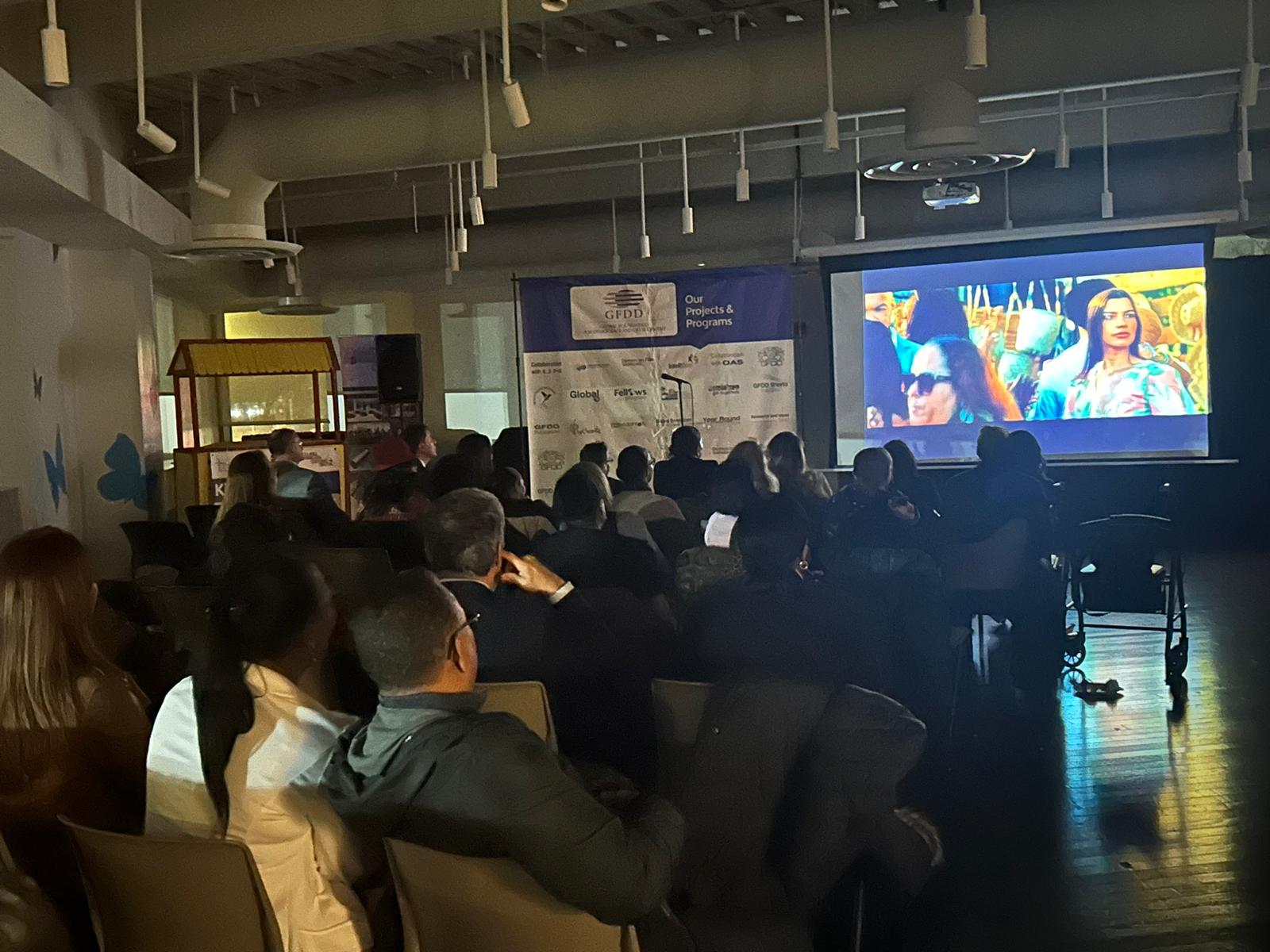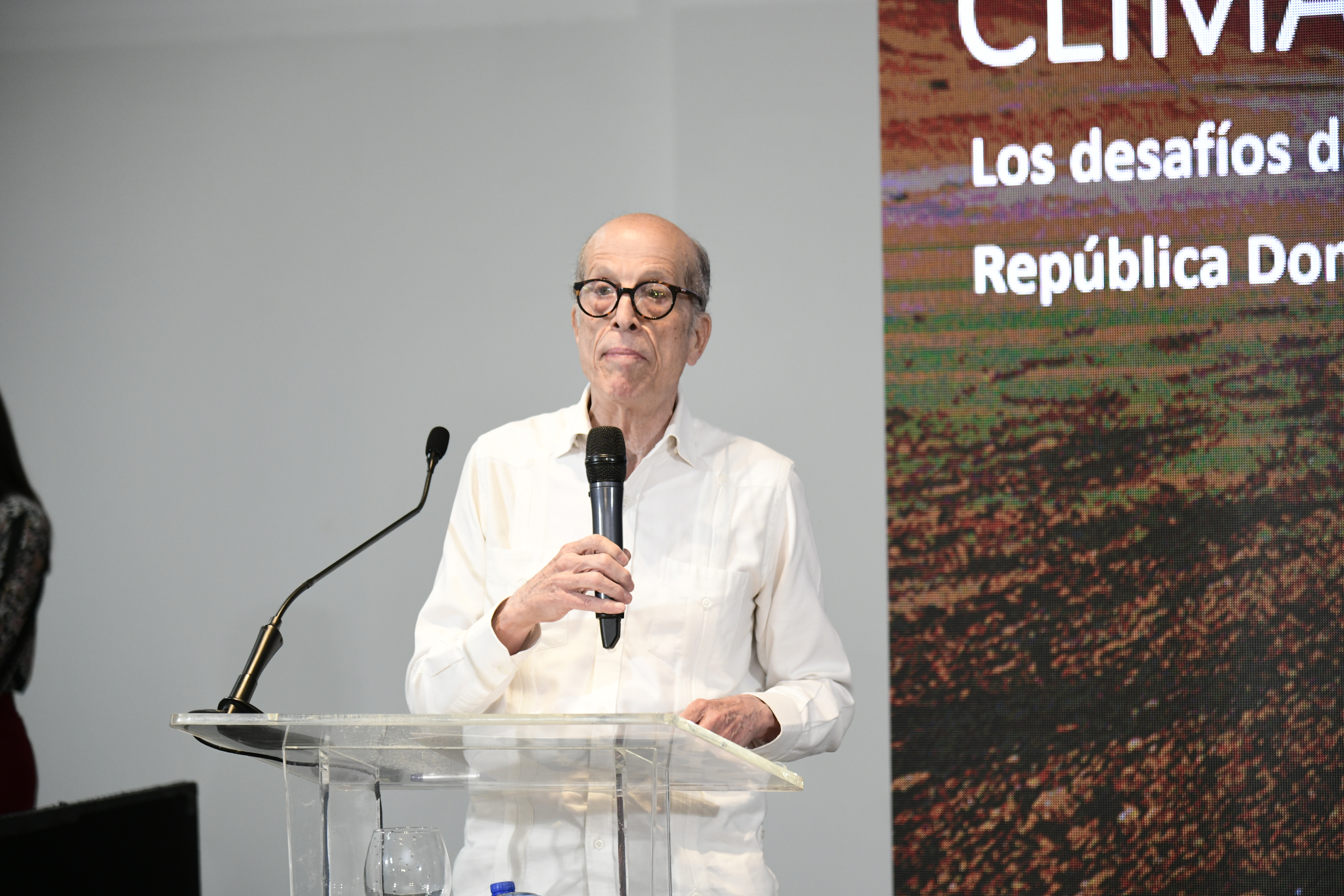UNPHU Holds National Forum to Discuss Urban Construction
 | UNPHU Holds National Forum to Discuss Urban Construction The Pedro Henríquez Ureña National University held a National Forum called “UNPHU Spaces,” in which two panels met to discuss the central housing zone being contemplated for Santo Domingo. It is an open and pluralistic forum where different topics can be discussed and debated in an atmosphere of respect and where knowledge can be exchanged. The discussions were held in the academic counseling hall and headed by UNPHU Rector Miguel Fiallo Calderón. Others present included Vice Rector of Management, Dr. José Rafael Espaillat; Academic Vice Rector, Licda Daniela Franco de Guzmán; Vice Rector of Post-Graduate Studies, Research and Development, Víctor Beras and the Deans from the seven departments. Fiallo said “it was cause for satisfaction to present this new national forum called “UNPHU Spaces” conceived as a discussion space which UNPHU is making available to the country with the goal of offering solutions to the diverse problems and serving as an instrument for building a more democratic society.” It is an open and pluralistic forum where different topics can be discussed and debated in an atmosphere of respect and where knowledge can be exchanged. It also serves as a venue for voicing disagreement and a place for all to participate in a constructive manner. UNPHU is offering this space to all sectors of society in general under the moderation of its seven academic departments; the forum is open for every sector around the country to discuss and help resolve their issues. The activities held at the spaces will be published on the university webpage and in a blog to later be collated and printed as part of the academic research. Results of the Two Panels Held to Reflect on the Central Industrial and Housing Sector They identified some problems around their implementation such as a weakness on the part of the municipalities to follow up on their proposals… Two discussion panels were held to evaluate the ten years of validity of the Norms for the Central Construction Zone of Santo Domingo. Panel participants included authorities and technicians of the Office of Urban Planning of the National District Town Hall, three former directors of Urban Planning and representatives of the Association of Housing Builders and Promoters, the Society of Architects and the Dominican Institute of Territorial Planning and the Architecture and Arts Department of the Pedro Henríquez Ureña National University.Beginning with the presentations given by the architect, Cristóbal Valdez, Director of the team which from the Planning Office of Santo Domingo’s National District Town Hall, will formulate the norms for the Central Zone. Other involved architects and professionals include: architect Narciso Guzmán, current Director of the Urban Planning Office of the AND; architect Andrés Navarro, Technical Director of the National District Town Hall and a group of panelists invited by the sociologist César Pérez. Others on the panel were architects Luis Eduardo Delgado, Luis Guzmán and Nelson Toca, of the original team which formulated the norms and architects Roberto Carvajal Polanco, Representative of ACOPROVI, Leopoldo Franco of the Dominican Institute of Territorial Planning and Erwin Cott from the Society of Dominican Architects who discussed and debated the issue with architecture students, neighbors and municipal workers. They talked about the important aspects of the norms. The panels were represented by the architect Omar Rancier, Dean of the Architecture and Art Department of the UNPHU who explained the methodology of the forum and opened the debates. Recommendations and Opinions Participants: Among the recommendations and opinions put forth was recognition of the effort of having formulated these norms; it was said that although these norms have not been completely fulfilled, they should be used as a precedent and a model for what should be done with the city. They identified some problems around their implementation such as a weakness on the part of the municipalities to follow up on their proposals and the need to establish coercive and punitive measures against those who violate the norms. It was recommended that the existing norms be revised in light of the experience gained by the current urban construction in terms of aspects involving density, height, etc. Other recommendations included the need to carry out the necessary coordination with service agencies to supply neighborhoods with drinking water, public sanitation services and transportation. The need to update the legal urban framework in the country was also recommended adding that efforts should be made not just to formulate norms but, and more importantly to build the capacity for territorial management. The lack of policies, plans and management instruments was pointed out as one of the relevant aspects at the core of urban problems in Santo Domingo and the rest of the country. Another weakness identified has to do with education of the citizens, an aspect that should be strengthened, according to a proposal made by the Dominican Institute of Territorial Planning and supported by the students participating in the forum. Other Important Recommendations Include: They identified some problems around their implementation such as a weakness on the part of the municipalities to follow up on their proposals…
José. R. Espaillat, Omar Rancier, Miguel Fiallo and Daniela Franco | |
| Date of Publication: March 17, 2009 |

Related News
-

(Versión en español) El agroturismo diversifica la oferta turística dominicana
-

(Versión en español) Cultura pone en circulación obra ganadora del Premio Anual de Historia 2020
-

The Dominican Film Showcase Celebrates the Presentation of "Colao 2"
-

(Versión en español) Inauguración de la XII Feria Semana de la Geografía 2024
-

Dominicanos en Grandes Ligas
Las ultimas noticias/novedades de lo que acontece con los Dominicanos en las Grandes Ligas durante toda la temporada 2019.


